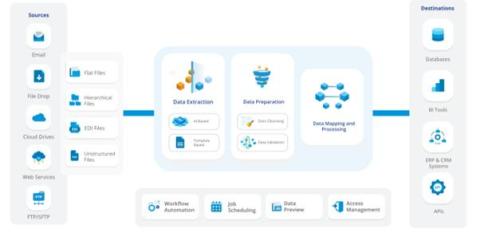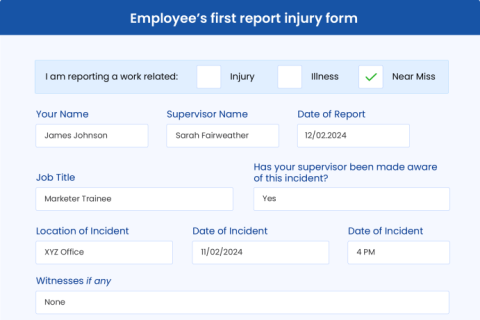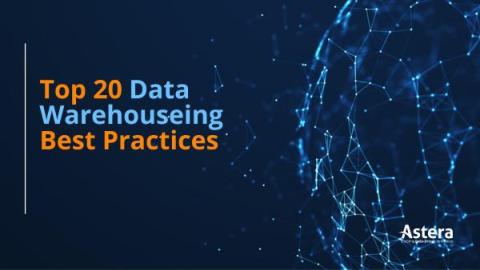Top 7 AWS ETL Tools in 2024
Amazon Web Services (AWS) ETL refers to a cloud-based set of tools and services that help extract data from different sources, make it usable, and store it in a way that makes it easy to analyze and make decisions based on it. AWS ETL tools offer a unique advantage for businesses seeking to streamline their data processes. These tools are efficient, scalable, and adaptable, making them ideal for a wide range of industries, from healthcare and finance to retail and beyond.











